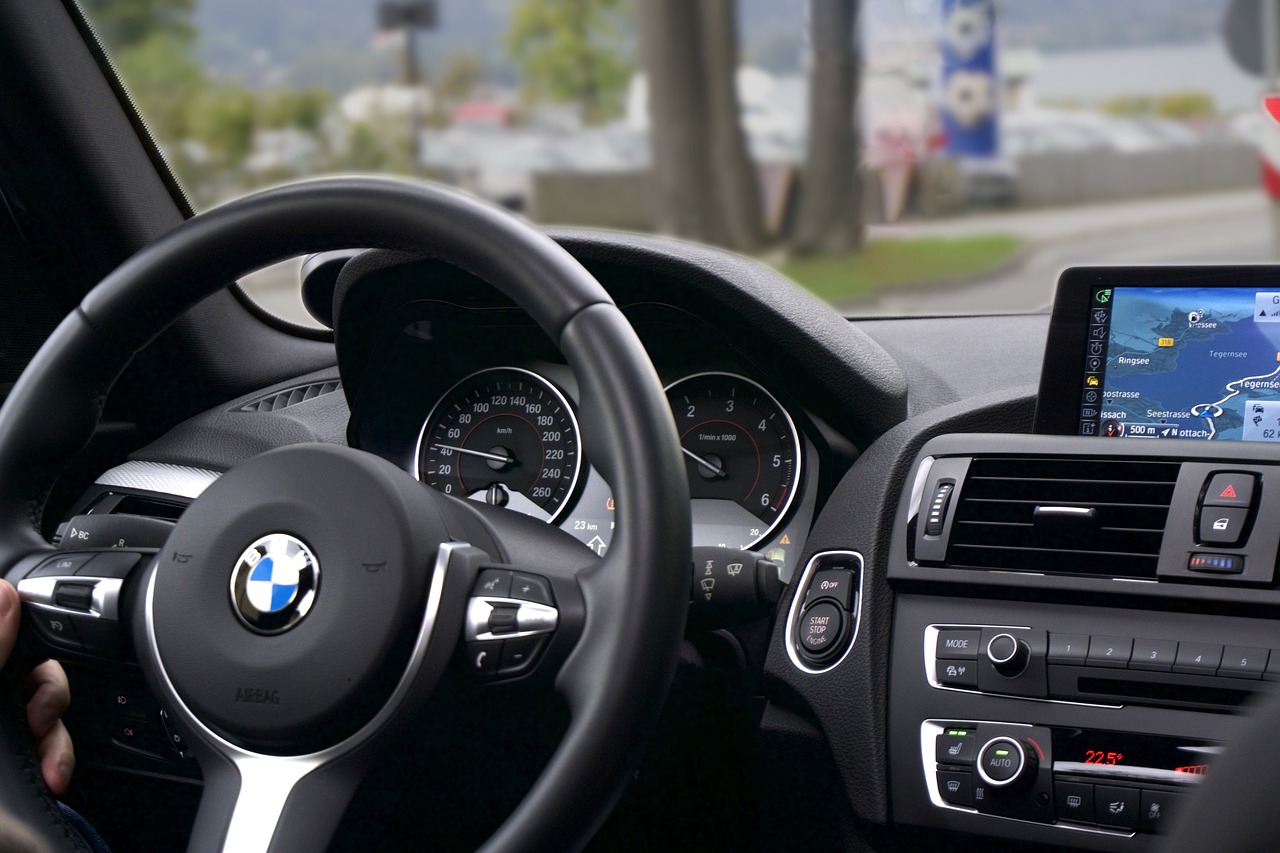If you are facing a drink-driving ban accused of ‘drunk driving’, you may be prosecuted for driving whilst unfit or, most commonly, for driving with excess alcohol.
To be convicted of driving with excess alcohol, the prosecution must show that at the time when you were driving, you had excess alcohol in your blood, urine or breath.
The following limits apply in all drink-drive cases:
- 35 microgrammes of alcohol in 100 millilitres of breath
- 80 milligrammes of alcohol in 100 millilitres of blood
- 107 milligrammes of alcohol in 100 millilitres of urine
Prosecutions for drunk driving normally arise when a police officer stops a motorist at the roadside and requires him or her to takeith a roadside breath test.
When the roadside breath test results in ‘ ‘fa’l’, the motorist will be arrested and taken to a police station to prove the precise amount of alcohol in their system.
The sample taken at the police station is usually a further sample of breath, taken and measured for alcohol using a breath testing machine.
In certain circumstances, the police are permitted to take blood or urine samples instead of, in addition to, a breath sample.
A doctor must always take a sample of blood. When blood and urine samples are taken, they are usually sent away for laboratory testing to establish the amount of alcohol within them.
Failure to comply with the requirement to provide a sample at the police station can result in prosecution for the separate offence of failing to supply a specimen.
If you believe that you have been wrongly accused of ‘drink driving,’, we can closely examine the circumstances of your case and advise you as to any potential defences.
The following issues frequently arise in cases dealt with by CK Legal
Improper Procedure
The Road Traffic Act 1988 and the Road Traffic Offenders Act 1988 set out stringent procedural guidelines that must be followed when a motorist is required to provide specimens of breath, blood or urine. If the police have not adequately followed those procedures it may be possible to argue that the prosecution should fail.
Breath Test Machine Malfunction
Occasionally, the machines used by the police can malfunction and produce false readings. All machines used by the police must be properly calibrated and in good working order.
Th’ ‘HiFlask’k’ Defence
There is a legal presumption that the amount of alcohol found in motorist’s’s body at the police station would have been the same as the amount of alcohol in their body when they were driving. However, CK Legal have advised several clients who have consumed alcohol after they drove but before they were breath tested and therefore wish to argue that they were not over the limit at the time when they drove. This is often described as th’ ‘hip flask defence’.

Punishment
A fine, up to 6 months imprisonment and disqualification for a minimum period of one year.
The minimum disqualification period is 3 years where a driver has a previous alcohol related offence within the last 10 years.
